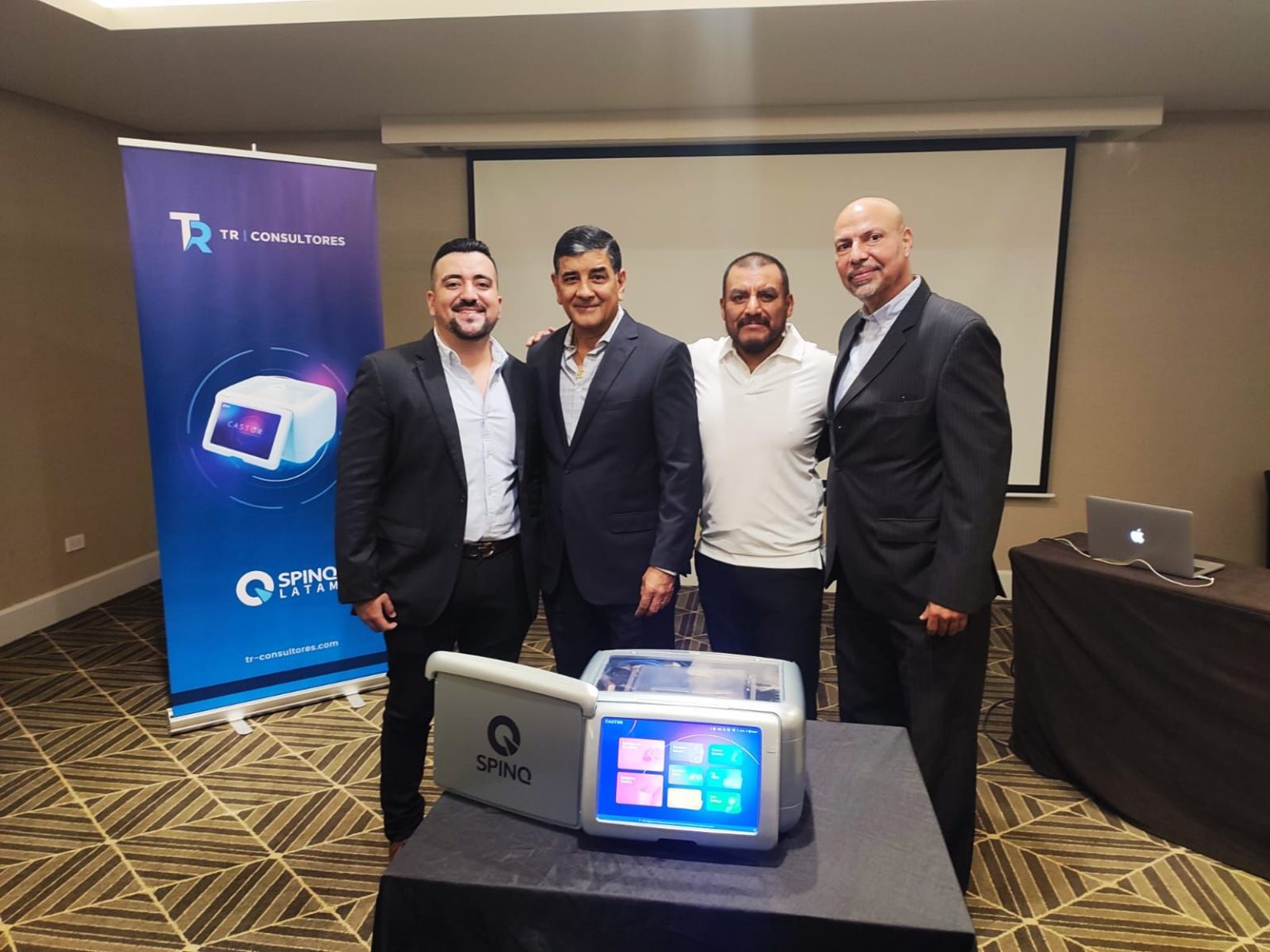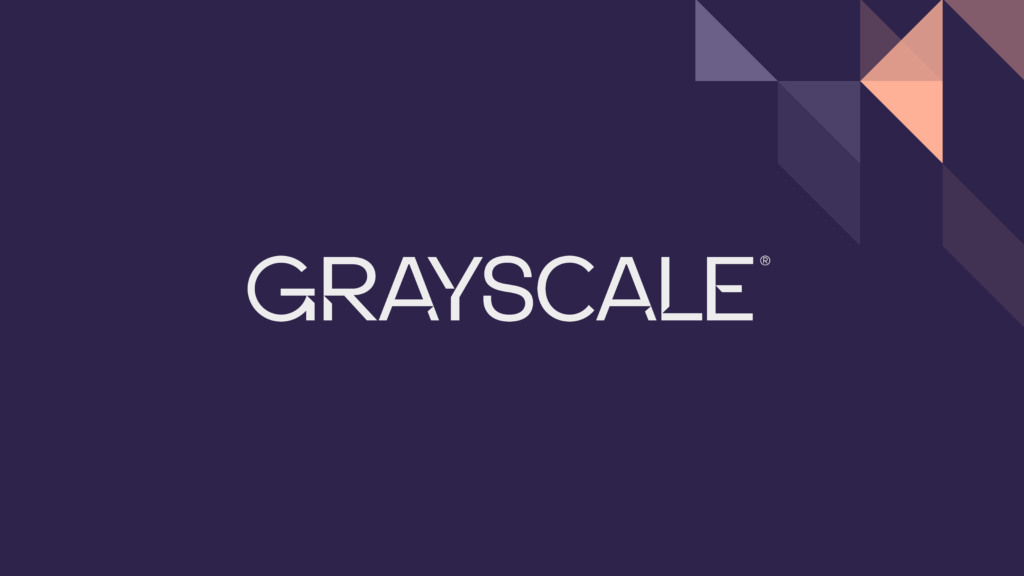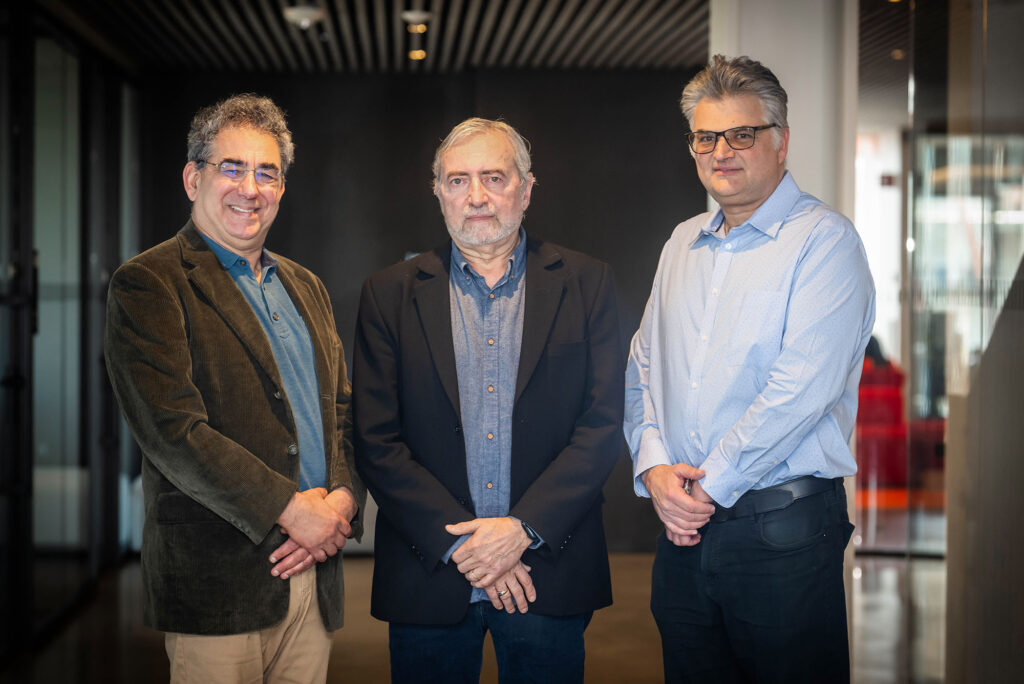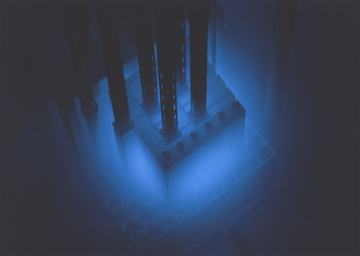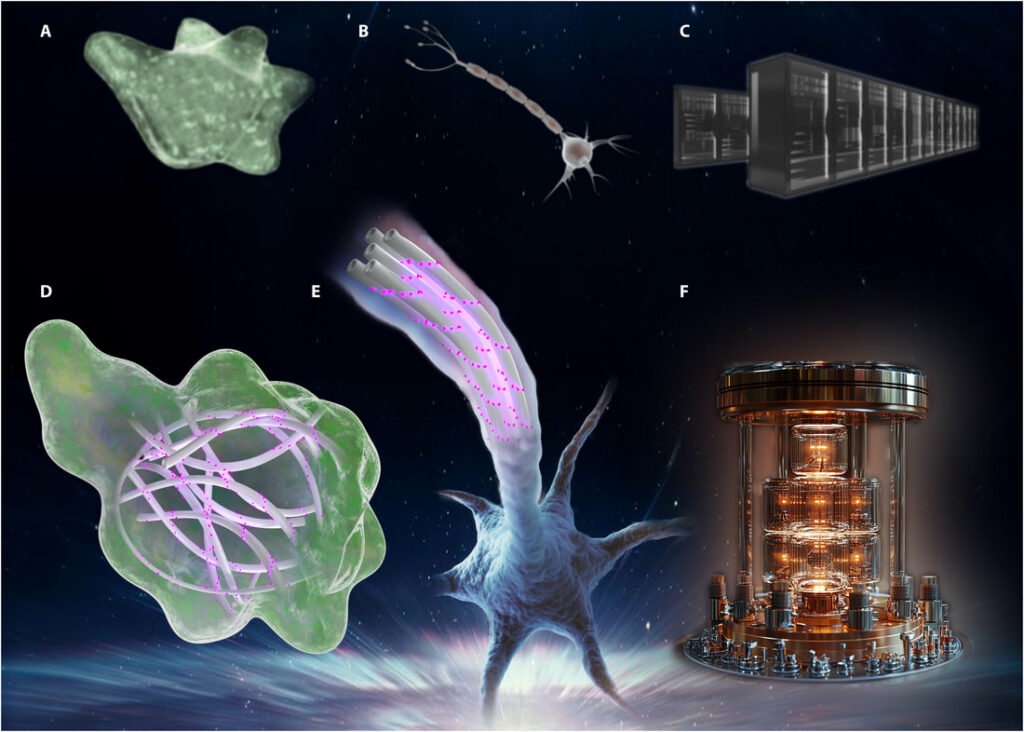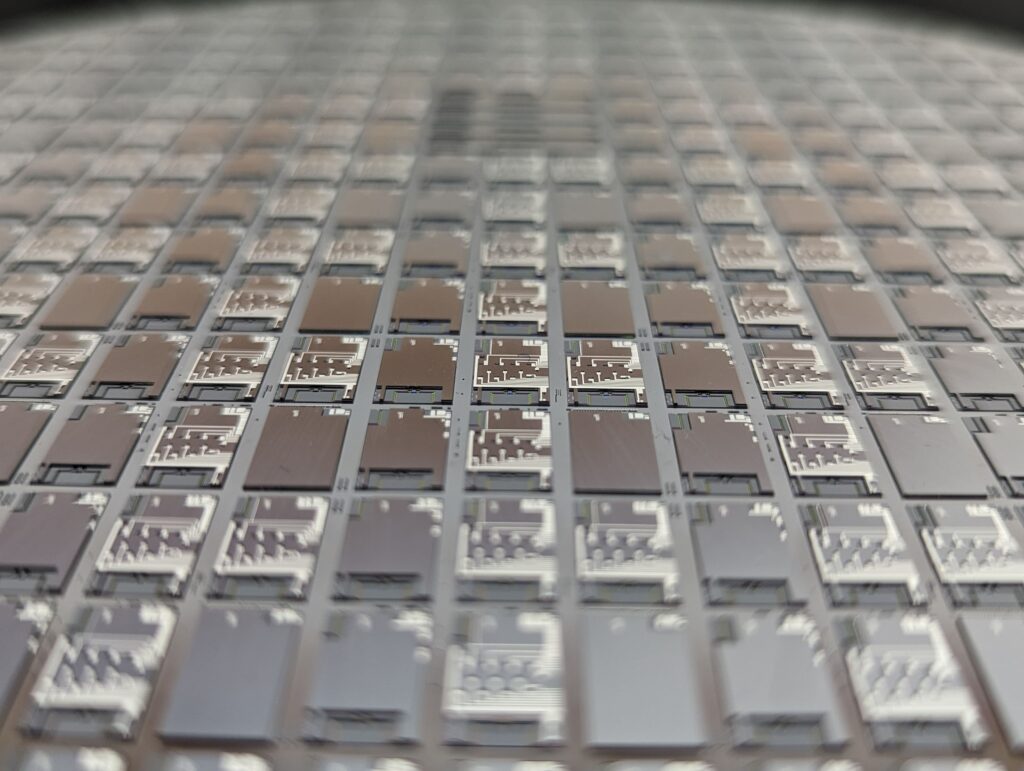Insider Brief:
- Panama installed its first quantum computer, a SpinQ Gemini Mini Pro, through a collaboration between TR Consultores and SpinQ Technology.
- The two-qubit, NMR-based device is designed for education and training, enabling students and researchers to learn quantum programming and experiment with basic algorithms in a hands-on environment.
- TR Consultores hopes to integrate the system into leading educational institutions, promoting quantum literacy in fields such as machine learning, cybersecurity, and engineering.
- This initiative reflects a broader regional effort to build local expertise and infrastructure, positioning Panama to participate in the global quantum ecosystem through education, exposure, and future collaborations.
- Image Credit: El Digital Panama
Panama has taken a tangible step toward advancing its work in quantum technology with the installation of the country’s first quantum computer, an event that could have long-term implications for local research, education, and industry. According to a recent post from El Digital Panama, the system was installed through a collaboration between TR Consultores, a Panamanian IT firm, and SpinQ Technology, a China-based company recognized for its development of portable quantum devices.
The system in question is a compact two-qubit device, SpinQ’s Gemini Mini Pro, designed for educational and training environments rather than commercial or enterprise-scale quantum computing. While limited in capacity, such systems allow for exposure to quantum computing and prepare the next generation of developers and researchers in the field.
A Shift Toward Hands-On Quantum Training
Founded in 2006, TR Consultores has previously focused on IT system implementation and high-tech solutions tailored to client needs. This latest initiative shows a growing interest in quantum technologies, aligning with global trends to incorporate quantum literacy into higher education and workforce development programs.

The two-qubit device installed is part of SpinQ’s broader mission to democratize access to quantum hardware. As noted in the post, SpinQ’s Gemini line is distinct from the dilution-refrigerated, cryogenic environments required by superconducting platforms from companies such as IBM or Google. Instead, SpinQ’s machines use nuclear magnetic resonance to manipulate qubits, enabling portability and simplified operation. While NMR-based systems are less scalable than other qubit modalities, their accessibility makes them ideal for introductory learning and algorithm prototyping.
In a statement shared by El Digital Panama, Ernesto Rosas Sandoya, General Manager of TR Consultores, emphasized the device’s educational value: “We hope this technology will be operational in leading educational centers… Students who have these new computing tools will be able to begin learning about machine learning, artificial intelligence, cybersecurity, and mathematical process management.” The availability of a quantum computing system is an opportunity to introduce quantum programming to undergraduate and graduate students, as well as integrate quantum concepts into existing curricula in fields such as electrical engineering and computer science.
Strategic Implications for Regional Capacity Building
The installation represents a growing recognition among Latin American nations that quantum technologies will be present future digital economies. By providing localized access to functioning quantum systems, even at limited capacity, Panama will have the opportunity to cultivate homegrown talent, initiate regional collaborations, and begin developing applied expertise.
According to SpinQ, the Gemini Mini Pro is designed to allow users to implement and test quantum algorithms within the constraints of a two-qubit register. These include basic quantum logic gates, small-scale implementations of algorithms like Deutsch–Jozsa or Grover’s search, and foundational protocols relevant to quantum cryptography and machine learning. Such exposure can be instrumental in preparing students for work with more complex quantum systems down the line.
Additionally, portable platforms such as those from SpinQ require minimal infrastructure investment, enabling institutions with limited budgets to establish quantum programs without dependence on cloud access to foreign quantum hardware. This feature is particularly relevant for emerging economies seeking to build quantum education frameworks before full-scale industry applications become viable.
Quantum Readiness Through Education and Exposure
As El Digital Panama notes, the broader implications of quantum computing span multiple fields, from drug discovery and logistics optimization to encryption and materials science. While the installed device will not tackle industrial problems directly, its presence can introduce capabilities across these sectors by producing quantum-aware engineers and researchers.
The system’s arrival in Panama speaks to a regional readiness to move from theoretical exploration toward practical engagement. As international quantum ecosystems mature, efforts like this can serve as entry points for countries committed to participating in global dialogues, workforce development, and applied research initiatives.


